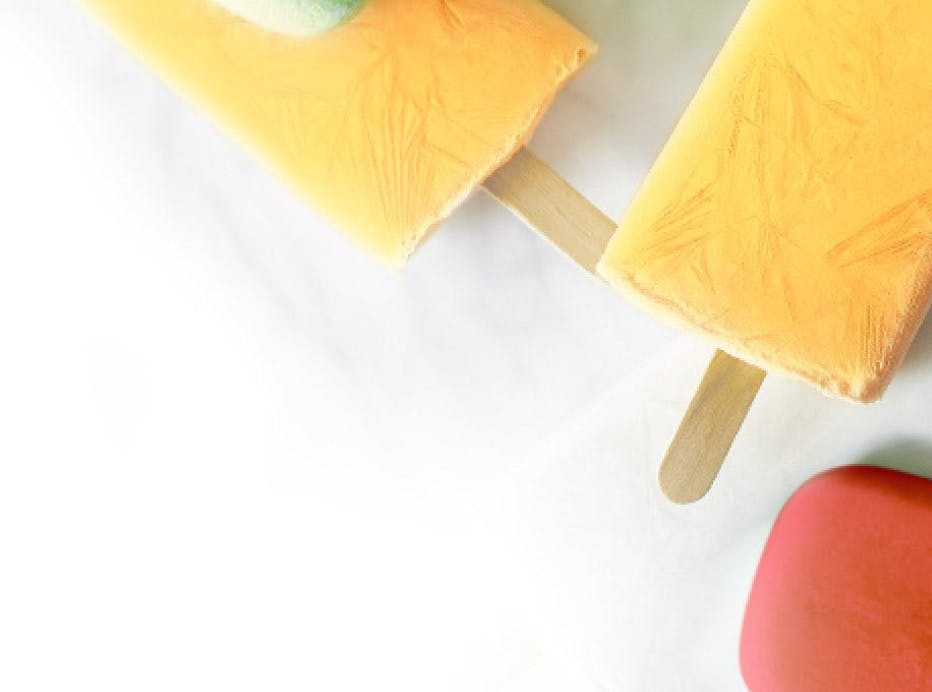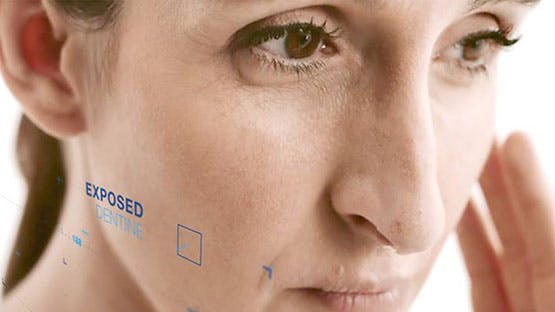Does Sensodyne toothpaste help prevent cavities?
Yes. All Sensodyne products contain fluoride, which helps protect against cavities.
Yes. All Sensodyne products contain fluoride, which helps protect against cavities.
Using a daily sensitivity toothpaste, like Sensodyne, can relieve and protect against tooth sensitivity pain when used twice every day.
Brushing twice every day with Sensodyne True White gently lifts stains for whiter teeth, while also providing relief and lasting protection from sensitivity pain.
Over time, your tooth enamel can wear down, exposing the dentin tubules that lead to the nerves inside your teeth. Certain triggers can aggravate these nerves, causing sensitivity pain.
Certain triggers (like ice cream or hot coffee) can stimulate the nerves inside your teeth, resulting in a sudden, short, sharp pain, known as tooth sensitivity.
Yes. 40% of people have sensitive teeth, most of whom are between the ages of 20 and 50.
Sensodyne toothpastes work by either soothing the nerves inside your teeth or by building a barrier over sensitive areas of your teeth.
Use Sensodyne toothpaste as your daily toothpaste, brushing twice a day, every day, for continued 24/7 sensitivity protection.
© 2020-2023 Haleon group of companies. All rights reserved. Trade marks are owned by or licensed to the Haleon group of companies.
By clicking the link(s) above, you will be taken to an external website that is independently operated and not managed by Haleon. Haleon assumes no responsibility for the content on the website. If you do not wish to leave this website, do not click on the links above.



